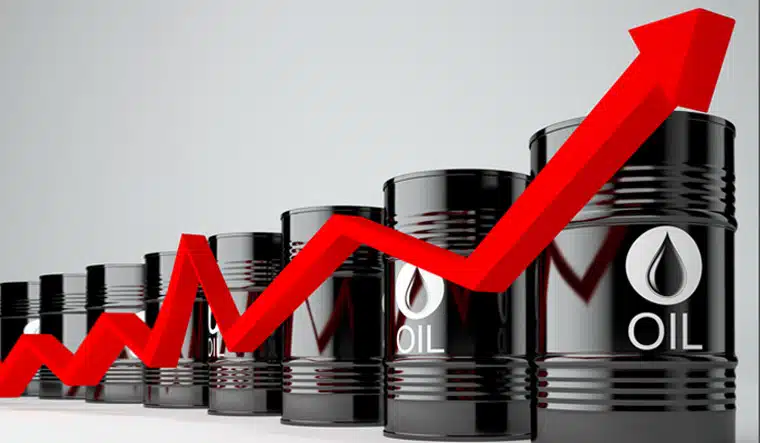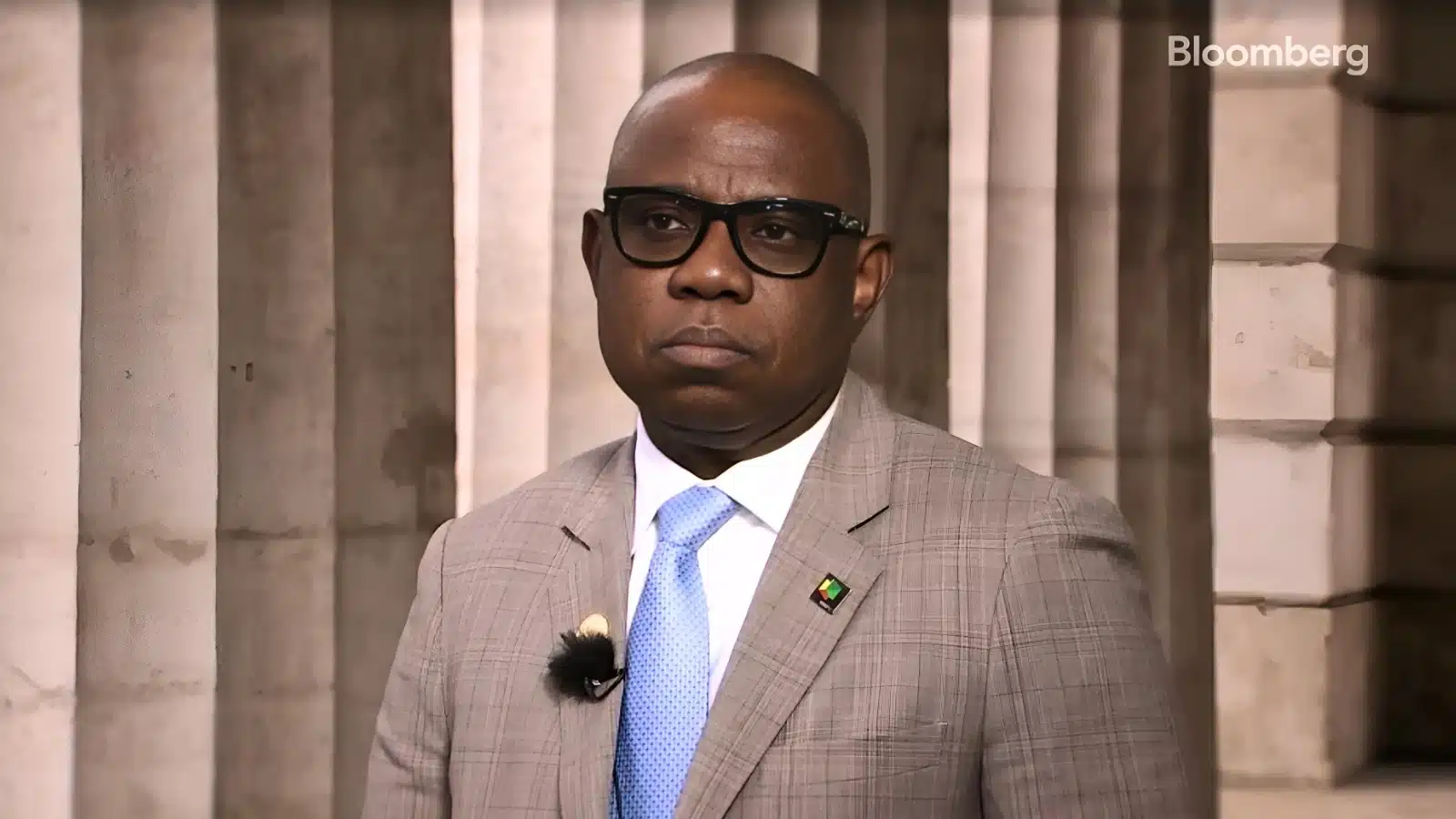Crude oil production in Nigeria and other West African countries is expected to rise from 3.7 million to 3.9 million barrels per day by the end of 2025, signaling a recovery in the region’s oil sector.
This is according to the African Energy Chamber’s 2025 Outlook Report, which anticipates the growth to be primarily driven by significant recovery in oil production in Nigeria.
The report highlights that Africa’s overall oil output is expected to increase from approximately 6.5 million bpd currently to nearly 7 million bpd by the end of 2025, contributing about 8% to the global oil supply.
West Africa is the major driver of oil production in Africa, with Nigeria playing a leading role.
Other West African producers are Ghana, Senegal, and Côte d’Ivoire.
However, the report stresses that achieving these targets hinges on addressing key challenges, notably pipeline vandalism and oil theft in Nigeria. Mitigating these issues is crucial for Nigeria to enhance its production capacity and meet its projected contributions.
Aside from West Africa, the other region that also contributes significantly to Africa’s oil production is North Africa, which currently produces another 3 million bpd of oil thanks to Libya and Algeria who are both leading the charge.
While Algeria maintains stable output, Libya’s production is susceptible to political instability, which has disrupted its oil supply in the past few months.
The report also notes that 55% of Africa’s oil supply is onshore, with the remainder split between shelf and deepwater production. West Africa’s supply is dominated by offshore oil, contributing 75% of its output. while over 90% of North Africa’s supply is onshore.
This is totally opposite in North Africa, where onshore assets supply over 90% of its oil.
Despite Angola’s recent exit from OPEC, the remaining African OPEC members—Nigeria, Libya, Congo, Gabon, Algeria, and Equatorial Guinea—currently produce around 3.9 million bpd, reinforcing Africa’s vital role in global oil markets.
Nigeria ended 2024 with a total production of 1.5 million bpd, according to OPEC’s secondary data, maintaining its position as Africa’s largest oil producer. The country joins Angola as the two major offshore producers on the continent.
Also, in the first half of 2024, Ghana’s oil output climbed by 10.7% to reach 24.86 million barrels, representing a 13.2% increase compared to the same period in 2023.
As of October 2024, Côte d’Ivoire’s crude oil production increased to 47,000 bpd, up from 42,000 bpd in September 2024.
In the same vein, Senegal’s oil production experienced a significant boost in 2024, primarily due to the commencement of operations at the Sangomar offshore oil field. The country produced approximately 16.9 million barrels of crude oil, surpassing the initial target of 11.7 million barrels set for the year.









